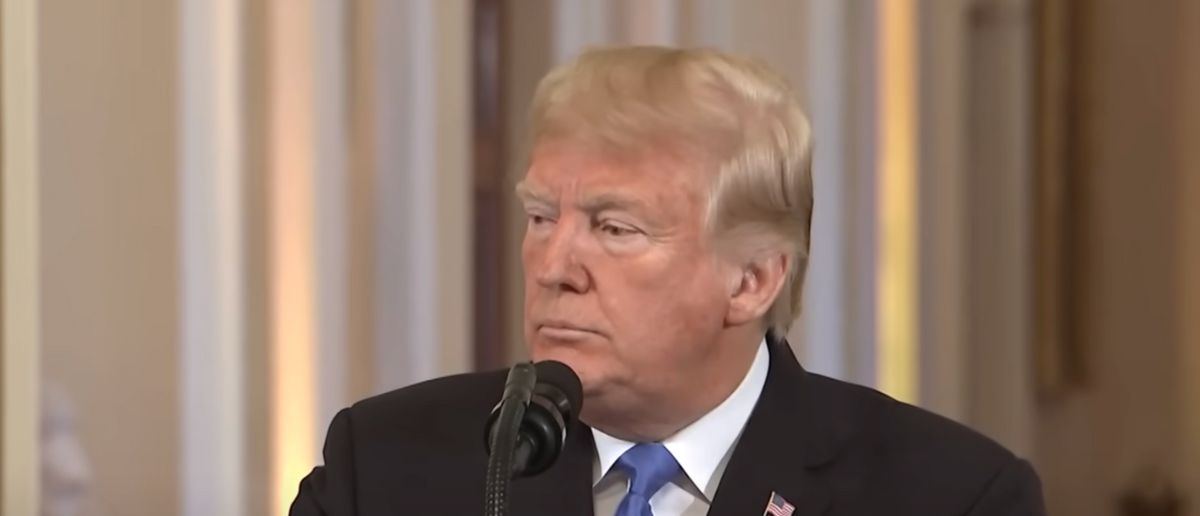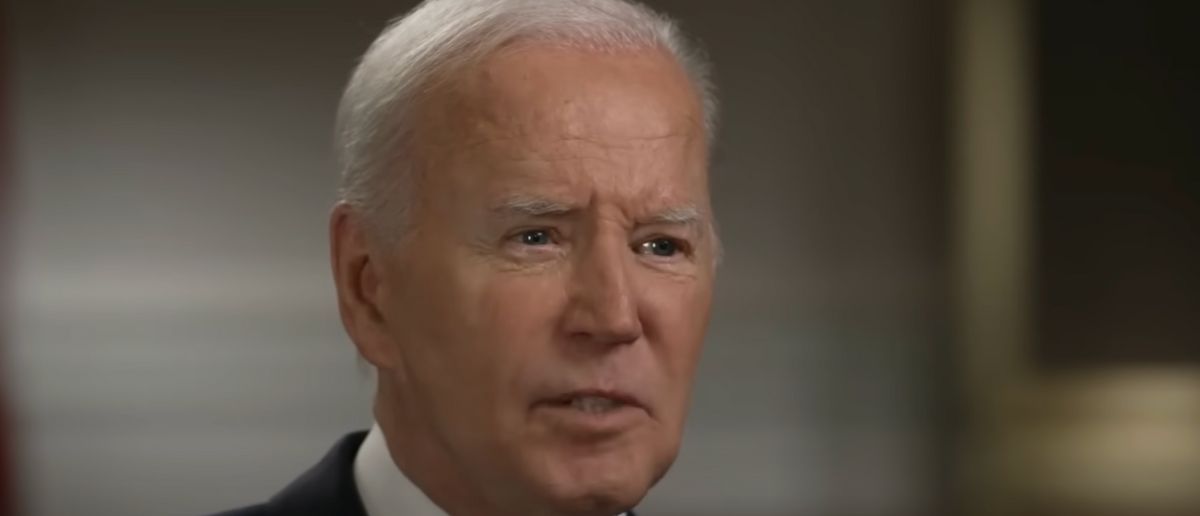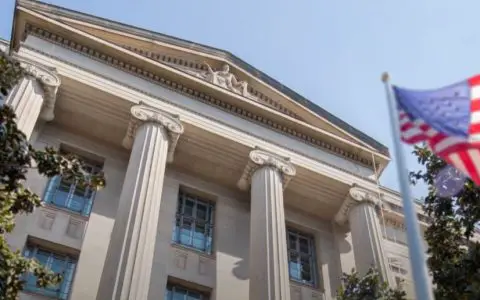
Thomas has been the biggest advocate of freedom on the Court. But he’s come under devastating attacks.
And now Justice Clarence Thomas learned his legal fate in a landmark decision.
The federal judiciary has decided against referring allegations of ethics violations by Supreme Court Justice Clarence Thomas to the Justice Department, the U.S. Judicial Conference announced Thursday.
This decision is a victory for Justice Thomas, who has faced relentless scrutiny from Democratic lawmakers over his personal connections and travels.
In its response to Democratic senators demanding an investigation into Thomas’s acceptance of luxury trips, the Judicial Conference confirmed that Thomas has agreed to comply with updated guidelines for reporting trips and gifts.
These revisions provide clearer rules on hospitality from friends, a measure Thomas has embraced.
Justice Thomas has consistently defended his actions, stating that he wasn’t previously required to disclose trips funded by wealthy benefactors like Harlan Crow, a Republican donor and longtime friend.
As Thomas noted, such friendships are personal, not transactional, and his interpretation of the law reflected that. The Supreme Court did not issue a comment on Thursday regarding the announcement.
Critics of the Court have often pointed to its perceived lack of enforceable ethical standards.
In 2023, the Court adopted its first formal code of ethics amidst mounting political pressure, though it remains unenforced.
Thomas, however, has demonstrated his commitment to adhering to the updated reporting standards, setting an example for others on the bench.
U.S. District Judge Robert Conrad, who serves as the Judicial Conference’s secretary, noted that it remains uncertain whether the law grants the Conference authority to make a criminal referral concerning a Supreme Court justice.
Conrad concluded that such a referral was unnecessary in this case, pointing out that two Democratic senators had already urged Attorney General Merrick Garland to appoint a special counsel.
To date, no special counsel has been appointed publicly.
While Left-wing advocacy groups like Fix the Court continue to push for stricter oversight of the justices, their criticisms often fail to account for the nuances of the judicial system’s independence.
Fix the Court’s Executive Director Gabe Roth argued that Congress should establish a mechanism to investigate ethics violations, claiming the Judicial Conference’s decision highlights a gap in enforcement.
Interestingly, the Judicial Conference’s measured response also addressed a separate complaint regarding Justice Ketanji Brown Jackson.
A conservative legal group, the Center for Renewing America, raised concerns about Jackson’s incomplete disclosures related to her husband’s consulting income.
Like Thomas, Jackson has since amended her disclosures and committed to the updated reporting guidelines.
This episode underscores the challenges of balancing transparency with judicial independence.
While critics attempt to paint Justice Thomas’s actions as controversial, his willingness to adapt to new requirements demonstrates integrity and respect for the Court’s evolving standards.
As the judiciary continues to navigate these issues, Justice Thomas remains steadfast, a symbol of conservative resilience in the face of political attacks.
Stay tuned to the DC Daily Journal.





